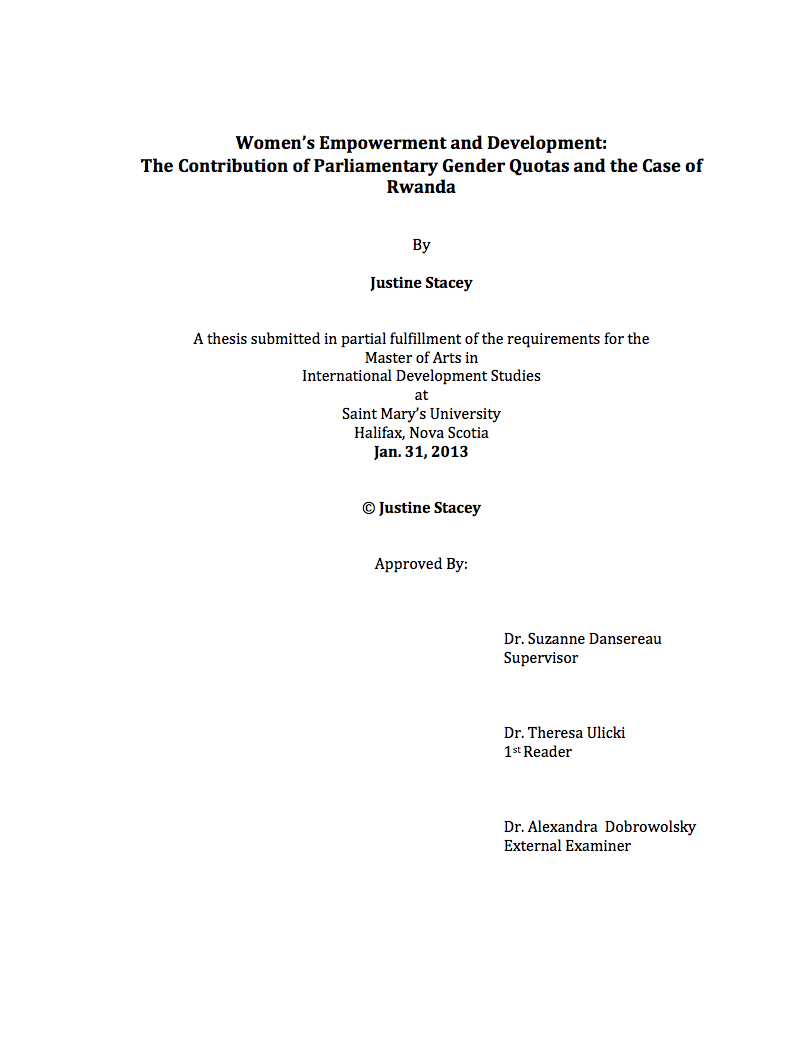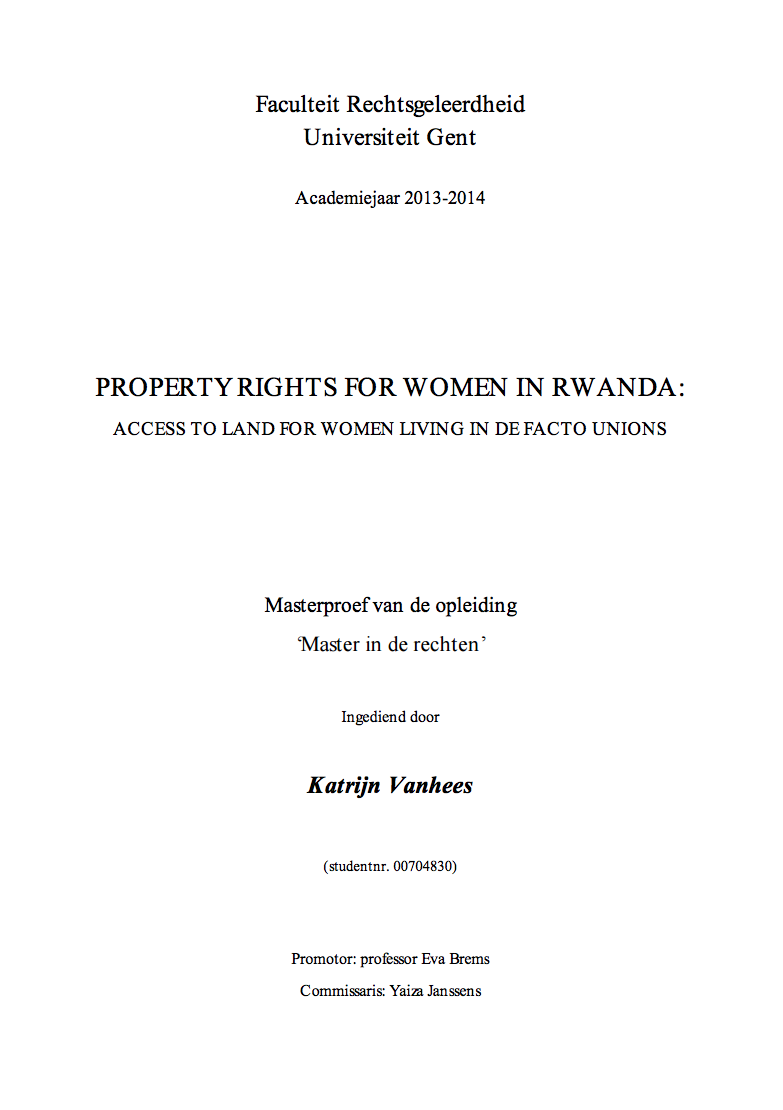Peasant responses to agricultural land conversion and mechanism of rural social differentiation in Hung Yen province, Northern Vietnam
Agricultural accumulation has been one of the main source determined the social differentiation in Vietnamese countryside. The complexities of agrarian changes under the post - socialist industrialization with high rate of agricultural land conversion in recent context reveal the new forms of capital accumulation and social differentiation. This research investigates how land conversion process to industrial zones and clusters affected to the way that different groups of peasant households accumulate their resources.






